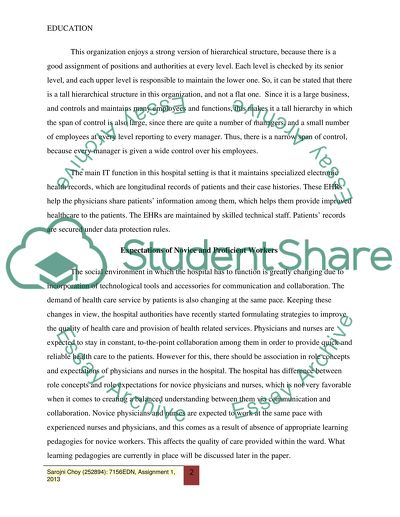Cite this document
(“Workplace learning for novice workers Essay Example | Topics and Well Written Essays - 2000 words”, n.d.)
Workplace learning for novice workers Essay Example | Topics and Well Written Essays - 2000 words. Retrieved from https://studentshare.org/education/1403885-workplace-learning-for-novice-workers
Workplace learning for novice workers Essay Example | Topics and Well Written Essays - 2000 words. Retrieved from https://studentshare.org/education/1403885-workplace-learning-for-novice-workers
(Workplace Learning for Novice Workers Essay Example | Topics and Well Written Essays - 2000 Words)
Workplace Learning for Novice Workers Essay Example | Topics and Well Written Essays - 2000 Words. https://studentshare.org/education/1403885-workplace-learning-for-novice-workers.
Workplace Learning for Novice Workers Essay Example | Topics and Well Written Essays - 2000 Words. https://studentshare.org/education/1403885-workplace-learning-for-novice-workers.
“Workplace Learning for Novice Workers Essay Example | Topics and Well Written Essays - 2000 Words”, n.d. https://studentshare.org/education/1403885-workplace-learning-for-novice-workers.


